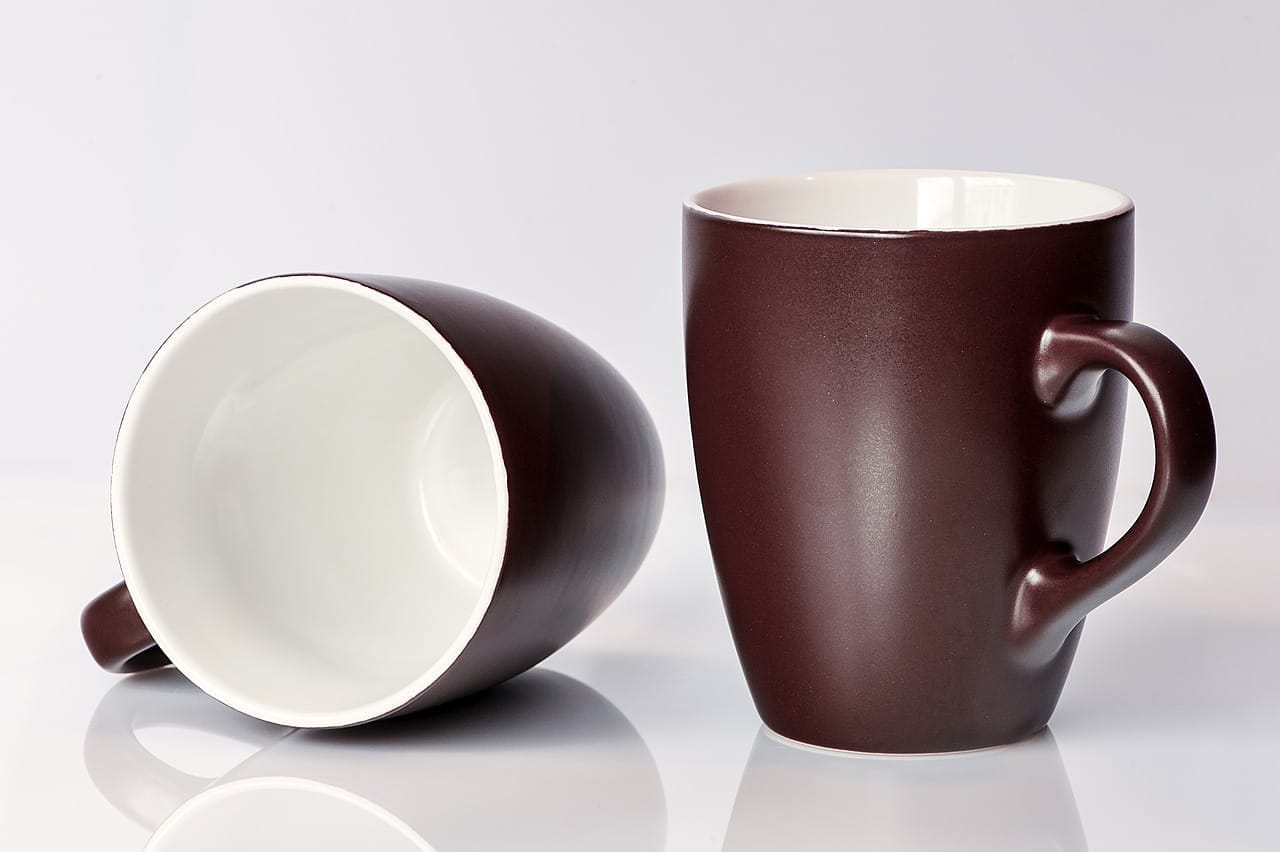Are you in North Carolina and looking for individual therapy or parent counseling?
Visit Flip Consulting and Counseling to schedule a free consultation
Written By Edla Prevette
\"I Don't Have Time for Self-Care\": Why This Sandwich Generation Myth Is Making You Sick
The text comes in at 11 PM: "Dad fell again. I'm at the ER." By the time you get home at 2 AM, you have exactly four hours before your teenager needs a ride to school and your presentation is due at work. Self-care? You barely have time to brush your teeth.
Sound familiar? If you're part of the sandwich generation – caring for both children and aging parents while managing your own life – you've probably uttered the words "I don't have time for self-care" more times than you can count. But here's what licensed social worker and stress management coach Cassandra Martin-Himmons wants you to know: that statement is usually not true, and believing it might literally be making you sick.
The Wake-Up Call That Changed Everything
Cassandra learned this lesson the hard way. While caring for her grandmother, working, studying for her licensing exam, and job hunting, she made a decision that millions of caregivers make every day: she put everyone else first. The result? What started as an ear infection progressed to pneumonia, then bronchitis – and she still deals with residual effects years later.
"I had a personal wake-up call," Cassandra explains. "I didn't engage in proper self-care and I ended up getting really sick. For me, doing all that and going through all that, it got me to the point where I said, 'I can't continue on like this.'"
Her story isn't unique. Research shows that sandwich generation caregivers experience significantly higher levels of stress, anxiety, and physical health problems compared to other caregivers. Between 40% and 70% of caregivers show signs of clinical depression, and they report chronic conditions like heart disease and diabetes nearly twice as often as non-caregivers.
The Truth About "No Time" for Self-Care
As a stress management coach who works primarily with overwhelmed women juggling work and home responsibilities, Cassandra hears the same refrain repeatedly: "I don't have time for self-care."
"Nine times out of ten, it's simply not true," she says. "Most often, because they are juggling so many things, they just haven't seen self-care as important enough to make time for, because of all those responsibilities."
This hits especially hard for family caregivers who face what Cassandra calls "layers and layers of stress" – the emotional burden of watching loved ones decline, the physical demands of caregiving, financial pressures, navigating healthcare systems, and often social isolation on top of their existing responsibilities.

Why the "Should Train" Is Derailing Your Well-Being
The problem isn't just time – it's mindset. Many sandwich generation caregivers get caught in what researchers call "caregiver role overload," constantly cycling through thoughts of what they "should" be doing.
"All those feelings of the should have, would have, could have, everything that I'm supposed to be doing, I should be doing – my to-do list is a mile long," Cassandra notes. "It just continues to add and eventually can become like a cycle of stress, and it just goes round and round and round."
This vicious cycle creates a paradox: the more overwhelmed you become, the less likely you are to prioritize the very activities that could help reduce your stress. But here's the truth that could change your perspective entirely: regular self-care isn't selfish – it's what makes you a better caregiver.
The Self-Care Account: Small Deposits, Big Returns
Forget everything you think you know about self-care requiring hours of your day. Cassandra advocates for what she calls "self-care snacks" – small, manageable activities that can be done in just a few minutes.
"Doing something, even if it's for five minutes today, can make a big difference in your tomorrow," she explains. "Even if you have five minutes, 10 minutes, 15 minutes today and you make that time to take the time for yourself and you do that each and every day consistently, over time it will build up."
Think of self-care like a savings account. You might not be able to deposit $500 every week, but consistent small deposits of $5, $10, or $20 add up over time. Similarly, those five-minute stretching sessions, three-minute breathing exercises, or ten-minute morning routines create a reserve of resilience you can draw from during particularly challenging days.
"When you're having a day where your energy is low, or you're just frustrated, then you can take out a deposit from that self-care account that you've built up over time," Cassandra explains.
The Morning Advantage: Why 15 Minutes Can Change Your Day
One of Cassandra's most practical recommendations is creating a morning routine – even if it's just 10-15 minutes long. Why morning? Because it's typically the only time of day when you have the most control.
"The morning is the time of day where most people have control," she notes. "By the time you get to lunch or dinner or the evening, your day may have gotten totally out of control and ended up being something completely different from what you expected."
This doesn't mean becoming a 5 AM gym devotee if that's not your personality. Instead, consider getting up just 5-10 minutes earlier to:
Do gentle stretches
Practice deep breathing
Sit quietly with your coffee
Write in a journal
Listen to calming music
The key is choosing activities that are simple, easy, and something you actually enjoy – not something that feels like another chore on your endless to-do list.
Habit Stacking: The Secret to Sustainable Self-Care
One of the most effective strategies for busy caregivers is "habit stacking" – pairing a new self-care habit with something you already do automatically. This concept, popularized in James Clear's book "Atomic Habits," works because your new habit develops more quickly when attached to an established routine.
Here are some practical examples:
While brushing your teeth: Do gentle neck rolls or calf stretches
While coffee is brewing: Practice deep breathing or light stretching
While waiting in doctor's offices: Listen to calming music or practice mindfulness instead of scrolling your phone
While eating meals: Practice mindful eating by slowing down and paying attention to tastes and textures
"Your new habit will develop more quickly because it's something that's already ingrained in you as a habit," Cassandra explains.

Box Breathing: Your Stress-Relief Tool That Goes Everywhere
One of the most practical tools Cassandra teaches is box breathing – a simple technique that can be done anytime, anywhere, without anyone even knowing you're managing stress.
Here's how to do it:
Inhale through your nose for 4 counts while expanding your stomach (think of a balloon inflating)
Hold your breath for 4 counts
Exhale through your mouth for 4 counts while contracting your stomach (like a balloon deflating)
Pause for 4 counts
Repeat the cycle
"You can use breathing to help energize yourself when you're feeling tired and worn out, and you can use breathing to help you calm down and relax when you're excited or stressed," Cassandra explains.
The beauty of box breathing is that it forces you to focus on counting and coordinating your breathing, which naturally interrupts the cycle of anxious thoughts. It can be used to energize you when you're feeling depleted or calm you when you're overwhelmed.
Redefining Self-Care for Real Life
The Instagram version of self-care – bubble baths, spa days, and hour-long yoga sessions – isn't realistic for most sandwich generation caregivers. Real self-care for busy caregivers looks different:
Traditional self-care myths:
Requires large blocks of time
Costs money
Happens in special locations
Must be perfect to be effective
Real-world self-care:
Can happen in 2-5 minute increments
Often costs nothing
Fits into your existing schedule
Imperfect action beats perfect inaction
The Ripple Effect of Self-Care
When you prioritize even small amounts of self-care, you're not just helping yourself – you're modeling healthy behavior for your children and showing your aging parents that their care doesn't have to come at the expense of your well-being.
Research consistently shows that family caregivers who practice regular self-care are:
More patient with their loved ones
Better able to handle crisis situations
Less likely to experience caregiver burnout
More resilient in the face of ongoing challenges
Better at making clear-headed decisions about care options
Starting Your Self-Care Journey: Be Patient, Start Small
"The biggest advice that I have is that it's okay to be patient with yourself, because it's a process," Cassandra emphasizes. "Self-care is a journey, and it's a journey of discovery about yourself."
Here's your action plan:
Week 1: Assess Your Current Habits
Notice where you already have 2-5 minute pockets of time
Identify which daily routines could accommodate habit stacking
Choose one simple activity you genuinely enjoy
Week 2: Add One Habit Stack
Pick one existing habit (brushing teeth, making coffee, etc.)
Pair it with one 2-3 minute self-care activity
Focus on consistency, not perfection
Week 3: Add Morning Minutes
Set your alarm 5 minutes earlier
Use this time for ONE simple activity: breathing, stretching, or quiet reflection
Notice how starting your day intentionally affects your energy
Week 4: Build Your Toolkit
Learn box breathing and practice it during transition times
Identify 3-5 "self-care snacks" you can use throughout the day
Create a simple system for tracking your consistency
A Final Thought on Permission
Cassandra loves this quote by Celia Tron: "Self-care means giving yourself permission to pause."
As she explains: "You are a family caregiver and you're taking care of other people and their needs – this quote is here to remind you that it's okay for you to take care of yourself as well. And that'll allow you in the long run to do all the things that you want to do and need to do."

Remember: You Can't Pour From an Empty Cup
Your caregiving journey is a marathon, not a sprint. The demands on sandwich generation caregivers aren't temporary – they often last for years or even decades. Sustainable caregiving requires sustainable self-care practices.
The truth is, you do have time for self-care. You just need to redefine what it looks like and give yourself permission to prioritize it. Your loved ones need you to be present, patient, and healthy for the long haul. Taking care of yourself isn't selfish – it's the most caring thing you can do for everyone who depends on you.
Start with five minutes tomorrow morning. Your future self (and your family) will thank you.
Feeling overwhelmed by the demands of caring for multiple generations? You don't have to figure it out alone. Every sandwich generation family faces unique challenges, and personalized support can make all the difference.
Schedule your complimentary caregiving consultation with Edla Prevette today and discover evidence-based strategies to reduce stress, improve communication, and create sustainable systems that work for your family.
Learn More About Today's Guest Expert
Cassandra Martin-Himmons is a licensed social worker and stress management coach who empowers clients to manage their stress and increase self-care. With 18 years of experience in social work, including extensive work with older adults and family caregivers, she now specializes in helping women who are feeling stressed, overwhelmed, and anxious while juggling work and home responsibilities. You can find her resources and support at https://masteryourstress.net
Edla Prevette specializes in helping sandwich generation caregivers develop effective communication strategies and reduce stress while caring for aging parents. With thirty years of experience as an educator and therapist, she provides research-based approaches that make caregiving feel more manageable. Learn more at edlaprevette.com.

2024 Edla Prevette | www.edlaprevette.com | Privacy Policy | Terms and Conditions | Affiliate Disclosure
